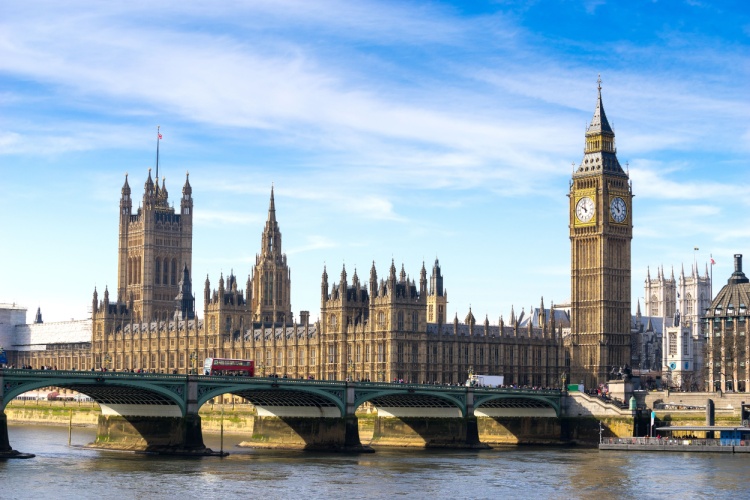Article Posted: October 2015
It was not just the poor weather that made it a bad summer for investors.
| Index | Third Quarter Change |
| FTSE 100 | – 7.04% |
| FTSE All-Share | – 6.57% |
| Dow Jones Industrial | -7.58% |
| Standard & Poor’s 500 | -6.94% |
| Nikkei 225 | -14.07% |
| Euro Stoxx 50 (€) | -9.45% |
| Hang Seng | -20.59% |
| MSCI Emerging Markets (£) | -15.42% |
It was the worst quarter for investors since 2011, but as ever, the raw numbers do not tell the whole story:
- The fall in the FTSE 100 has much to do with its exposure to mining and energy companies, which have suffered as commodity prices have fallen.
- UK Companies outside the FTSE 100 have fared better. The FTSE 250, which is a yardstick for mid-sized companies, fell by less than 5% – hence the lower drop for the broader FTSE All-Share than the FTSE 100.
- Sterling weakened against the main global currencies in the third quarter, reducing the impact of the fall in overseas markets.
- Emerging markets had a torrid time, but it is becoming increasingly clear that the label is too broad. For example, while the Shanghai Composite is now down nearly 30% from the start of the year, the BSE Sensex (India’s main index) has fallen less than 2%.
The falls mean that some value is appearing – the FTSE 100 yields 4% – but volatility is unlikely to disappear in the short term.
The value of your investment can go down as well as up and you may not get back the full amount you invested. Past performance is not a reliable indicator of future performance. Investing in shares should be regarded as a long-term investment and should fit in with your overall attitude to risk and financial circumstances.




